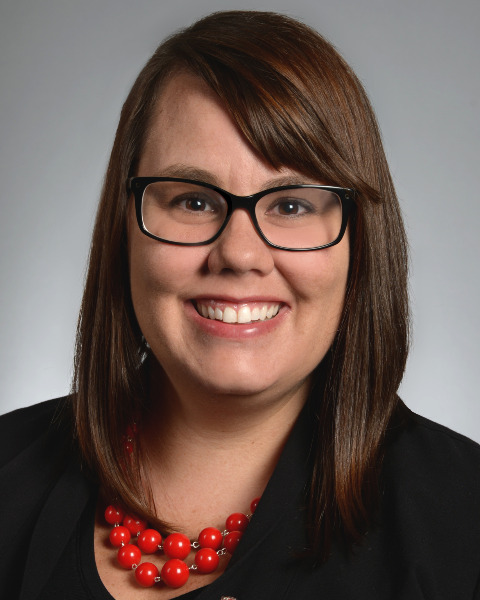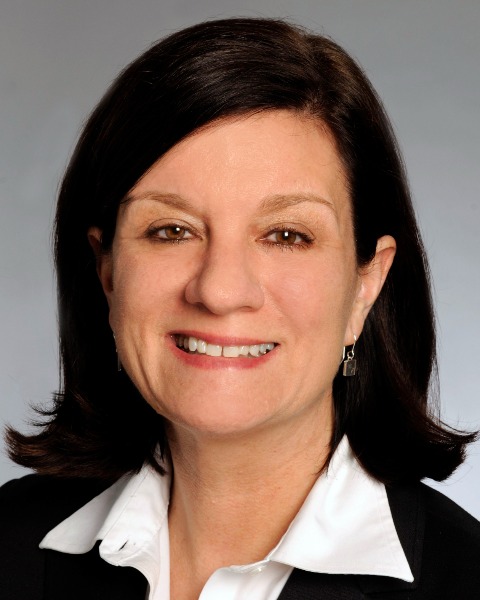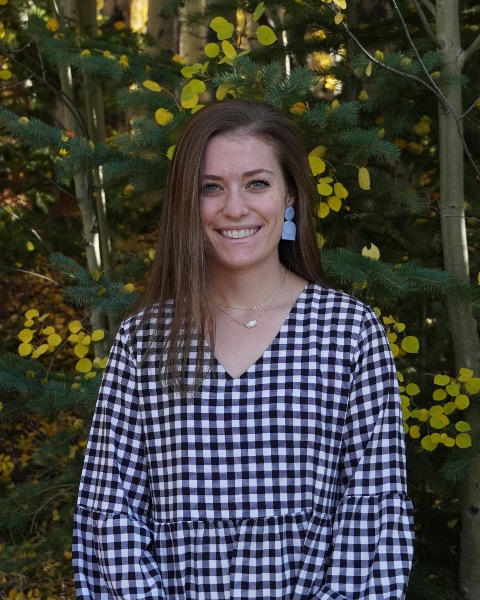Program Area: Behavioral and Social Sciences
Factors That Impact Successful Aging Among Older Adults Living with HIV/AIDS
-

Erin Robinson, MPH, MSW, PhD
Assistant Professor
School of Social Work
University of Missouri
Columbia, Missouri, United States -

Molly Perkins, PhD, FGSA
Associate Professor
Department of Medicine
Emory University School of Medicine
Atlanta, Georgia, United States -
.jpg)
Alexis Bender, PhD
Assistant Professor of Medicine
Division of Geriatrics and Gerontology, Department of Medicine
Emory University
Atlanta, Georgia, United States -
.jpg)
Monique Brown, PhD, MPH
Assistant Professor
Department of Epidemiology and Biostatistics
University of South Carolina
Columbia, South Carolina, United States -

Anna Rubtsova, PhD
Assistant Research Professor
Behavioral, Social, and Health Education Sciences
Emory University
Atlanta, Georgia, United States -

Monica Maly, MPH
Graduate Student
Community and Behavioral Health
Colorado School of Public Health
Aurora, Colorado, United States -

Jasmine Manalel, PhD
Senior Research Associate
Brookdale Center for Healthy Aging
Hunter College
New York, New York, United States
Chair(s)
Co-Chair(s)
Discussant(s)
Individual Symposium Abstract First Author(s)
The past two decades have brought significant medical advances in antiretroviral therapies (ART) for people living with HIV/AIDS (PLWHA). This has enabled PLWHA to live longer and healthier lives than ever before. In fact, nearly half of all PLWHA in the United States are age 50+ and HIV is treated as a chronic disease, instead of a terminal illness. Despite these advancements older adults living with HIV/AIDS (OALWHA) are still a highly stigmatized population who faces challenges with their health and overall well-being. This symposium will highlight recent research on factors that play a role in successful aging among OALWHA. Our first presentation leverages a quantitative dataset of OALWHA and examines the relationship between childhood sexual abuse and ART adherence, with a particular focus on substance abuse as a potential mediator. Our second presentation features a qualitative study with OALWHA that explores their conceptions of successful aging. Our third presentation includes a sample of medical case managers who serve OALWHA and examines the feasibility of using a cognitive screening tool with this population. Cognitive screening with OALWHA can help provide early indicators of cognitive decline and initiate early intervention. Finally, our fourth presentation includes a sample of older women living with HIV/AIDS and examines their support needs and resources, particularly to help understand their complex caregiving needs. Findings from these four studies advance our understanding of OALWHA and their needs to ensure continued successful aging. This symposium informs further research and direct practice with this population.
Learning Objectives:
- Describe what successful aging looks like among the aging population living with HIV/AIDS.
- Identify various risk factors to successful aging among the older population living with HIV/AIDS.
- Understand how older adults living with HIV/AIDS can be better supported through various support networks (e.g. case management and social supports) to facilitate healthy aging.
Presentations:
-
4:30 PM – 6:00 PM ETChildhood Sexual Trauma, Substance Use, and ART Adherence Among Older Adults Living with HIV
Individual Symposium Abstract First Author: Monique J. Brown, PhD, MPH – University of South Carolina
-
4:30 PM – 6:00 PM ETConceptions of Successful Aging Among Older Men and Women Living with HIV
Individual Symposium Abstract First Author: Anna Rubtsova, PhD – Emory University
-
4:30 PM – 6:00 PM ETDetermining Feasibility for Use of Geriatric Cognitive Screenings by Medical Case Managers Serving Older (50+) PLWH
Individual Symposium Abstract First Author: Monica Maly, MPH – Colorado School of Public Health
-
4:30 PM – 6:00 PM ETSupport needs and resources of older woman living with HIV
Individual Symposium Abstract First Author: Jasmine Manalel, PhD – Hunter College
